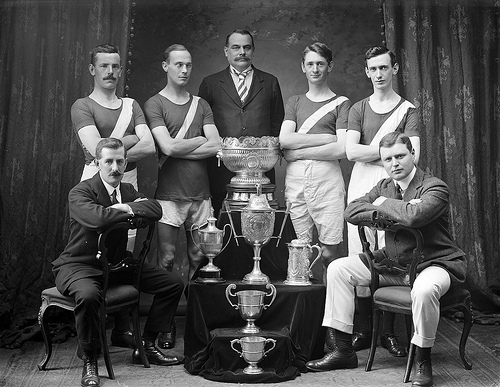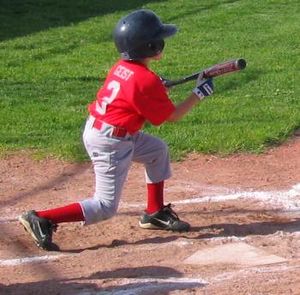“I used to daydream about this.”
“I always knew I’d end up here.”
“This is exactly as I imagined it.”
As many times as I’ve interviewed high achievers, I’m still sometimes surprised when I hear those words. I shouldn’t be. Successful people set good goals. In order to set good goals they start with the end in mind.
That doesn’t mean any of us will achieve absolutely every picture we create but the combination of desire, visualization, hard work and skill-building surely sets the stage.
Success stories begin with a dream and are fulfilled by setting and getting big goals. Big dreams set the stage and the lively vision of becoming an Olympic gold medalist or walking the red carpet can provide fuel to help us keep working toward something very specific. And important.
Part of the gift that we can give our children is the gift of imagination and vision: the beautiful spark that sees something not yet visible to others. When that spark grows it can become a “want” or, if we’re really lucky “a need.” And what happens when we need to accomplish something? Most people are driven to study and learn and practice to prepare for the big moment they crave.
What big dreams are fueling your kids?






